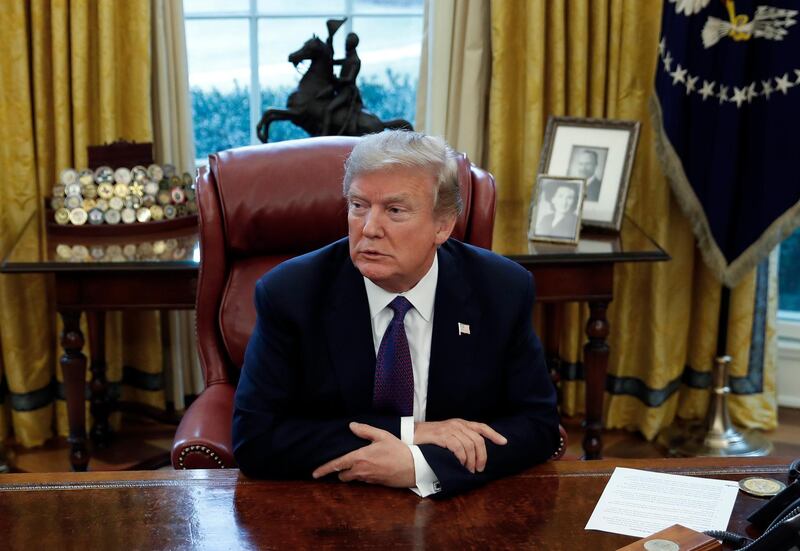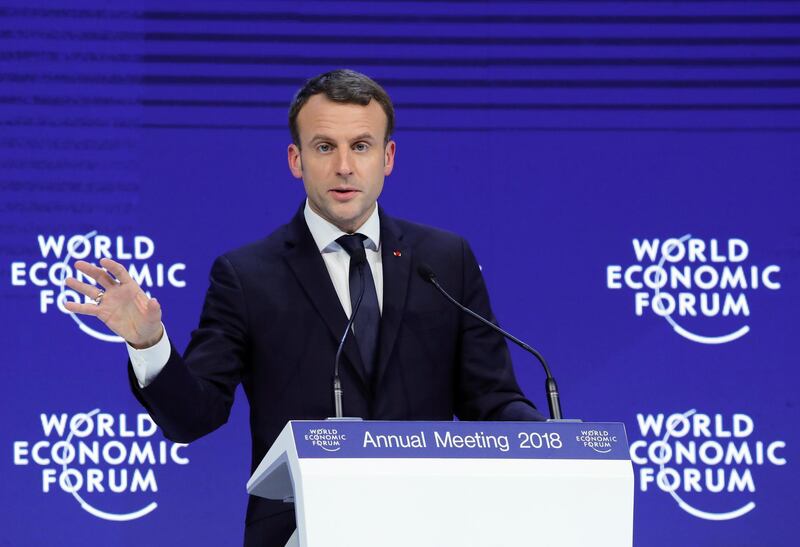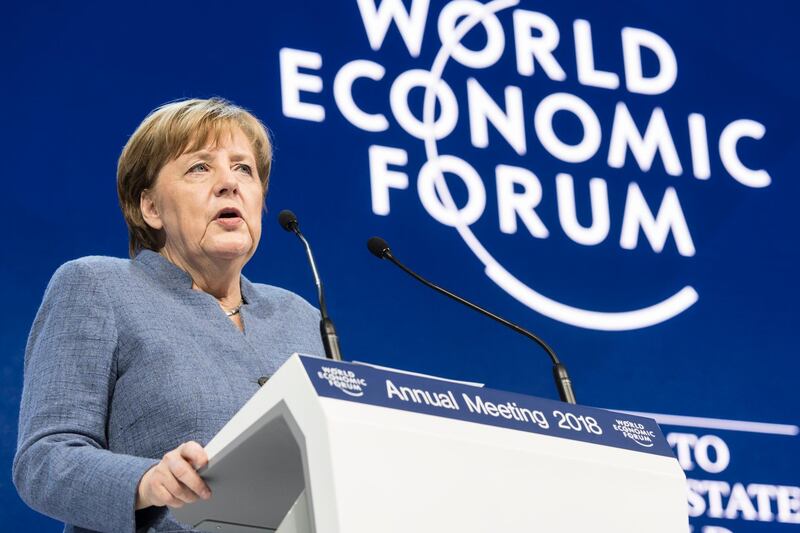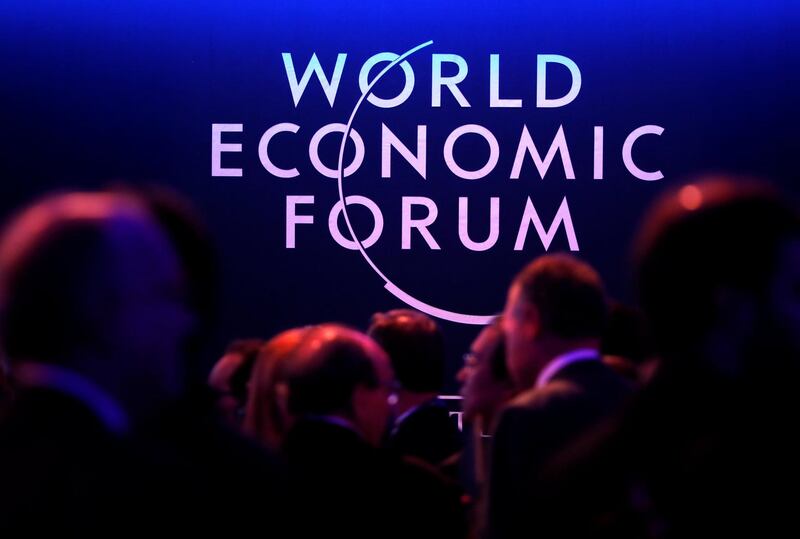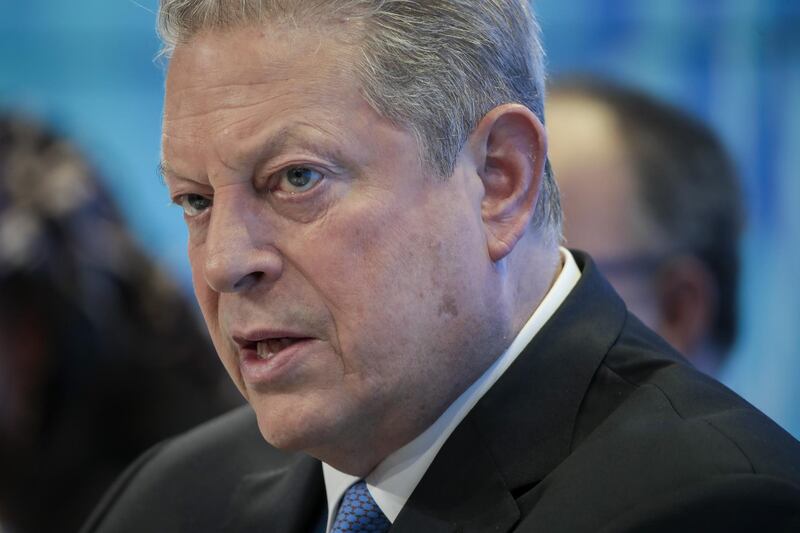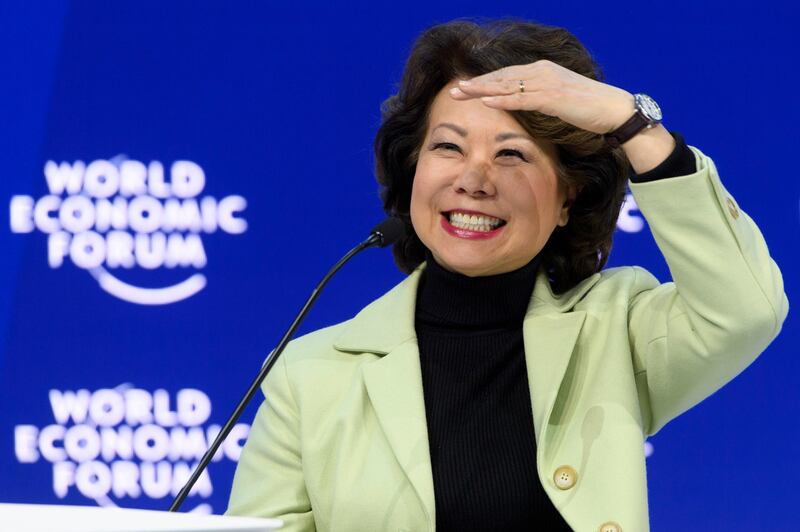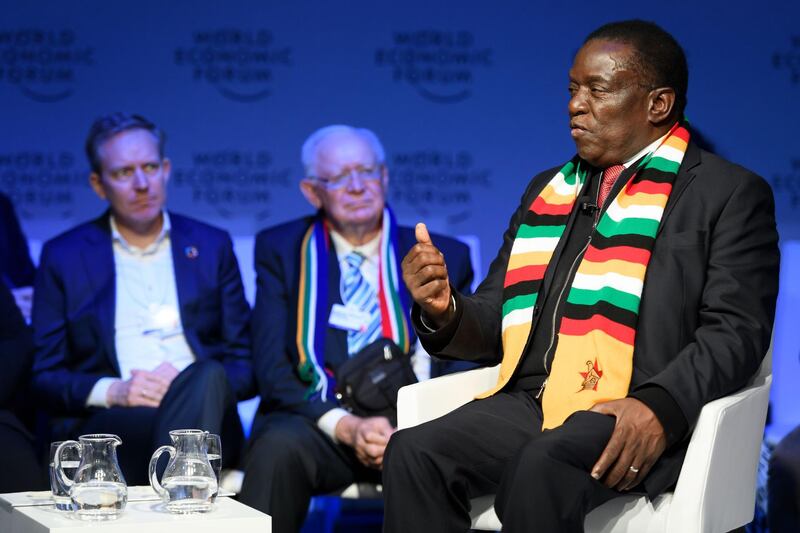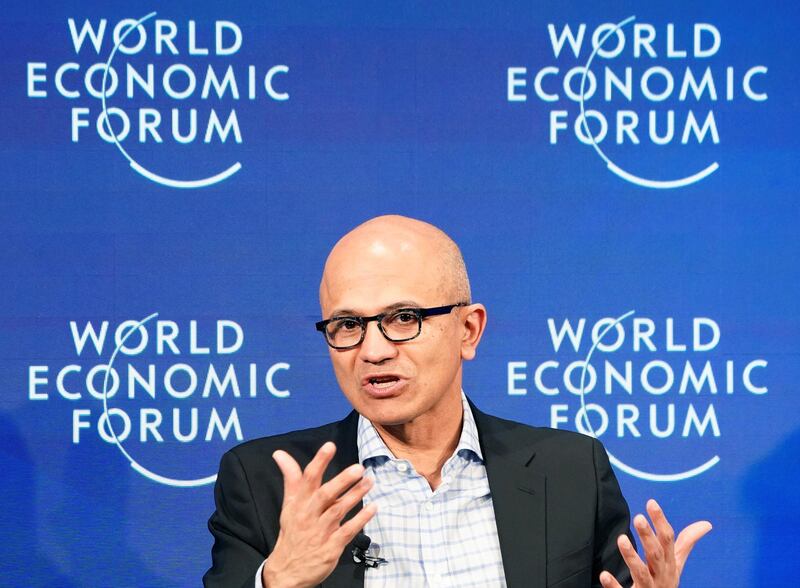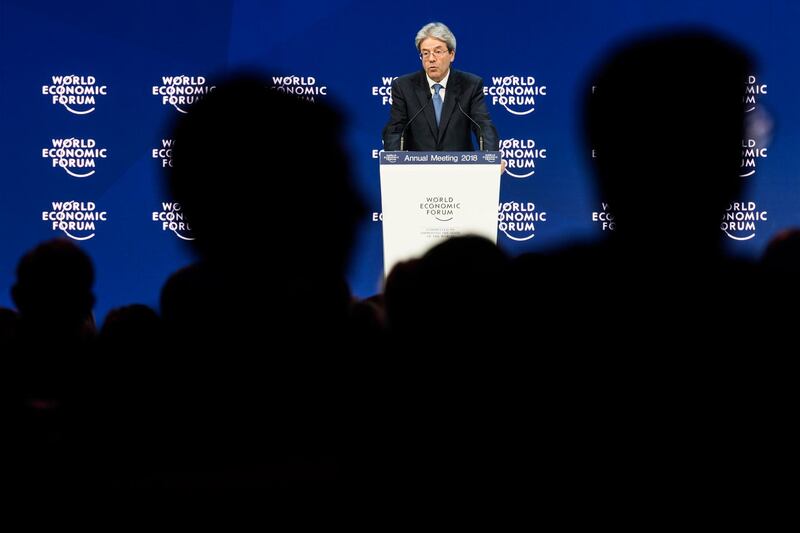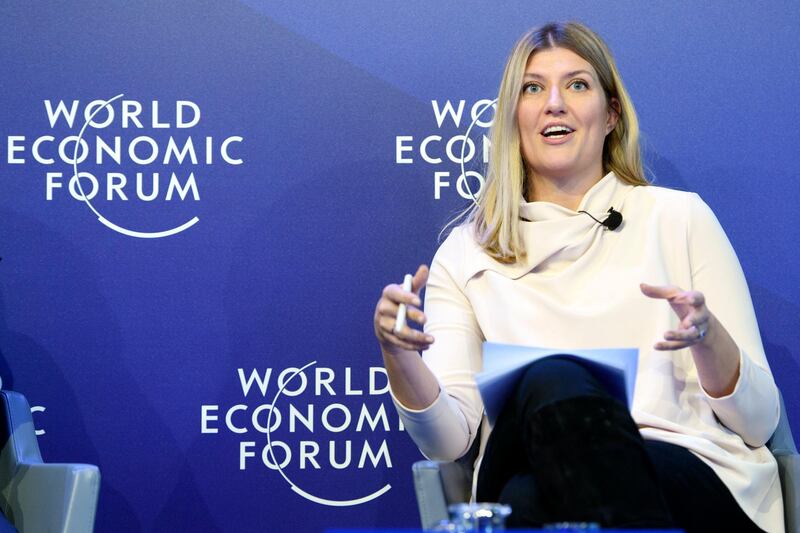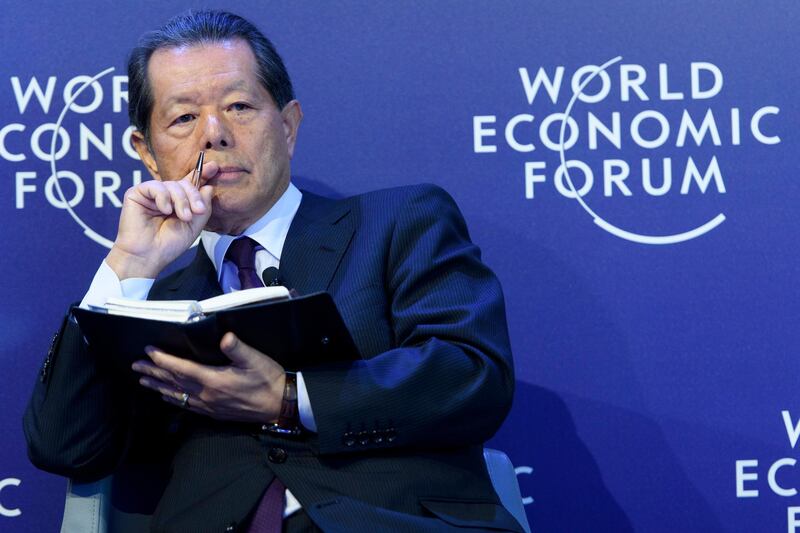Donald Trump cultivated an anti-elitist message when blazing a path to the presidency. One year later his arrival at the World Economic Forum in Davos, the epitome of elites, will run contrary to much that he espoused on the US election campaign.
But the president, in a gathering dominated by the rich, is in a comfort zone underscored by his own wealth.
Balancing audiences will be his toughest task.
"The working men and women in the world are just tired of being dictated to by what we call the party of Davos," Steve Bannon, the former strategist and campaign manager for Mr Trump, said in 2014.
Now cast asunder from the White House, Mr Bannon is no longer the US president's political guide, but the rhetoric remains the same: "America First."
Mr Trump has implemented the biggest corporate tax rate cut in history — from 35 per cent to 21 per cent.
Andrew Bishop, deputy director of research at Eurasia Group, the political risk consultancy, says the president "will be simultaneously addressing three distinct audiences: the Davos crowd, his base, and Chinese President Xi Jinping".
It was Mr Jinping who stole the show at Davos last year, something the US president is likely to want to reverse.
China may be Mr Trump’s Achilles heel because it is "the only country in the world with a long-term global economic strategy today, and there's nothing Mr Trump can say on Friday that will bring the US up to speed with Beijing any time soon", said Mr Bishop.
"China has its strongest president in decades just at the same time as the US has one of its weakest over the past century — that creates a fundamental imbalance in the global order," he added.
Ahead of the trip, Mr Trump imposed tariffs on imported solar panels and washing machines. His Davos speech is expected to repeat the same campaign themes against free trade and open borders.
But Gary Cohn, director of the White House National Economic Council, dismissed the idea of a clash between "America First" and the distinctive embrace of a global economic order at Davos.
"The president believes we can have truly win-win agreements. America First is not America alone," Mr Cohn told reporters.
Noah Rothman, associate editor at Commentary magazine, said the populist display is largely cosmetic.
"Mr Trump has conspicuously declined to pursue most of the hard-line anti-free trade policies he advocated after reportedly being convinced that they would hurt more Americans than they would help," Mr Rothman told The National. Having appointed Wall Street executives to key positions in his administration on taking office, Mr Trump this week got approval from the Senate for another — Jerome Powell, a monetary dove and former investment banker, as new chair of the Federal Reserve.
